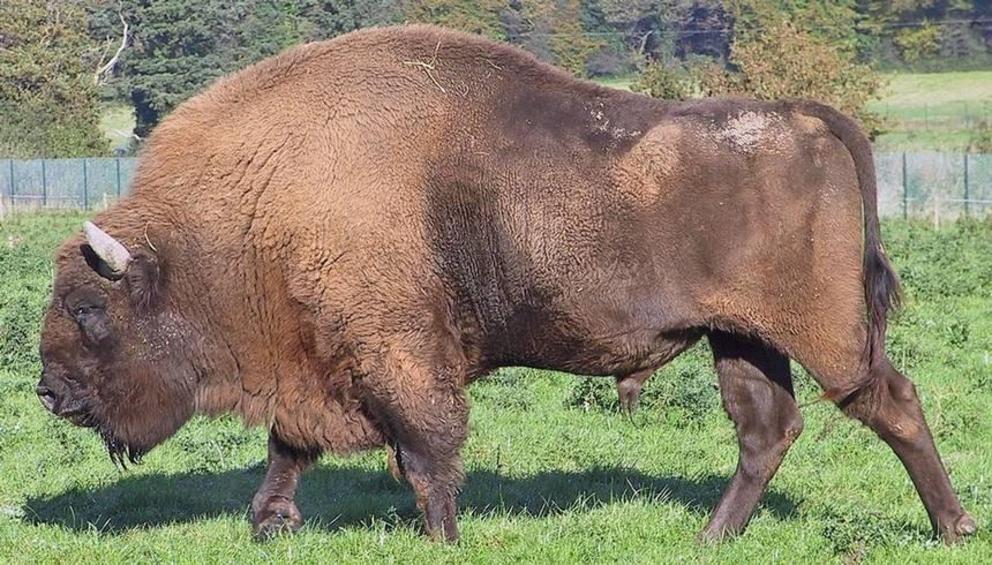European Bison free to remain in the wild after court decision
A court ruling protects the organization behind a unique project to re-establish European bison in the wild
The European bison, also know as the wisent, were hunted to extinction in the wild in the early 20th century. Re-establishing these magnificant creatures in the wild is one of the goals of the Rewilding Europe project.
The European bison in the Rothaargebirge (Red Hair Mountains) represent one of the successes in the effort. A small heard of 8 European bison were released into the wild after spending time in fenced areas to acclimatize and so that their effects on the environment could be studied.
The elusive bison are difficult to count in the wild. But each year the Wisent Association (Wisent-Verein) publishes their best accounting of the growth of the herd. It is believed that the herd consists of 20 animals at the end of 2018, with 5 new bison calves born in the wild while two sets of remains were also found. This high birth rate suggests the bison have adjusted well to their new lives in the wild. The intention is to maintain the herd at 20-25 animals; culled bison can be sent to establish or strengthen other small populations being built up by the rewilding project.
Unfortunately, the wild bison also damage the trees, eating substantial holes in the bark. Local tree farmers sued the Wisent Association, claiming they acted illegally by setting the bison out in the wild where they can cause damage on private lands.
On January 23rd, the District Environmental Minister, Ursula Heinen-Esser, met with interested parties to lend her support for finding a solution to the "Wisent Conflict" for once and for all in 2019. And on the 15th of February 2019, the courts threw out the lawsuit that threatened the freedom of the bison, granting the Wisent Association more confidence that their success can continue.
The Wisent Association will certainly continue to try to reach an agreement to the satisfaction of all parties though. They have already established a fund compensating private landowners for Bison damage and almost 200,000 Euros (225,000 US dollars) has been paid out since 2013.
The Bison World (Wisent-welt) does bring tourists to the region, informing the public on the scientific and natural achievements of the project as well as helping people understand the amazing bison. And the wild bison reinforce the relationship between people and their environment, as visitors run across wild boar, roe deer and red deer in the forest while hoping to glimpse the wild bison.
With so many positive influences, it seems that a happy resolution to the "bison conflict" can somehow be found.

